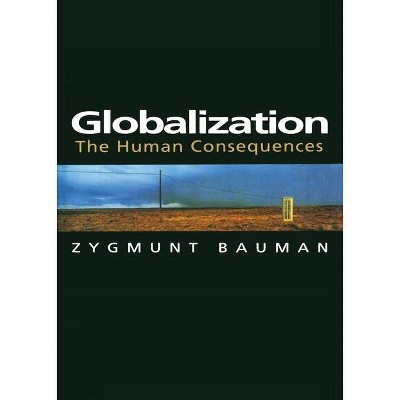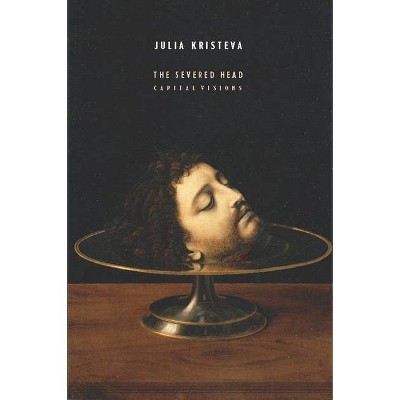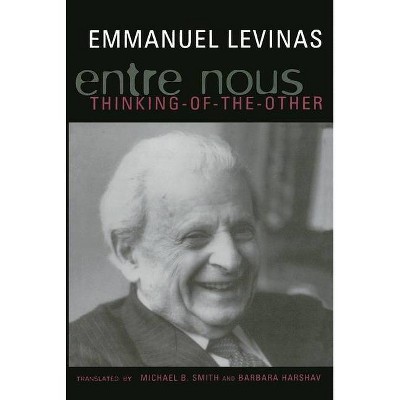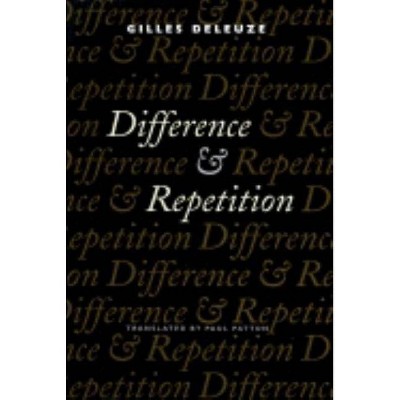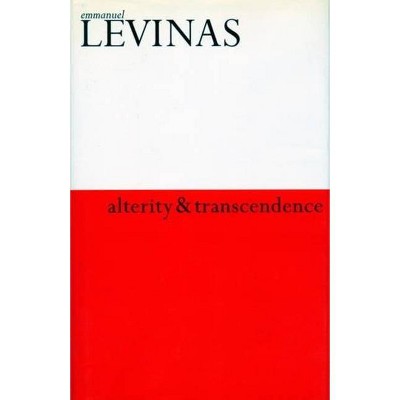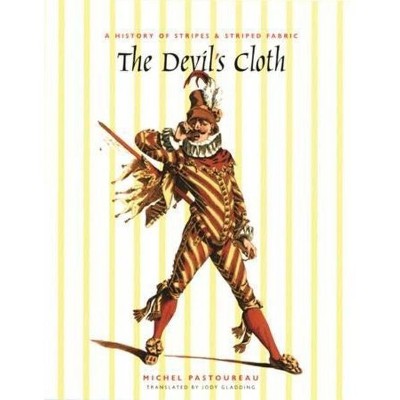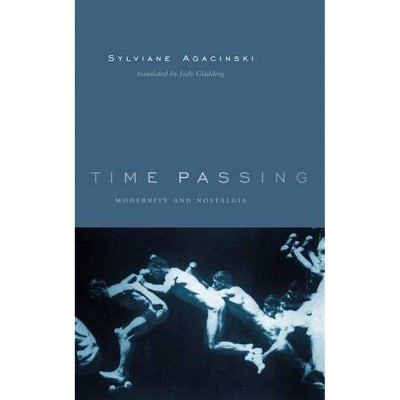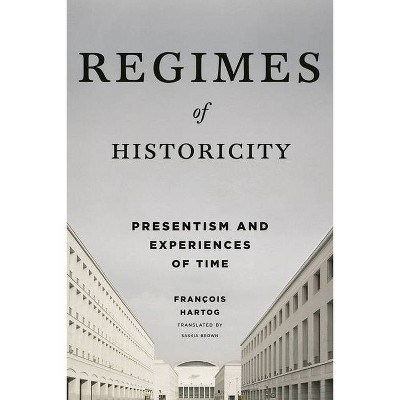The Belle Époque - (European Perspectives: A Social Thought and Cultural Criticism) by Dominique Kalifa (Paperback)
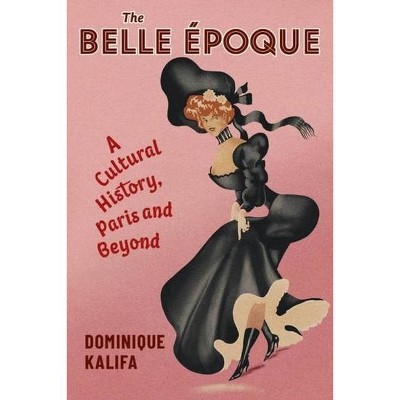
Similar Products
Products of same category from the store
AllProduct info
<p/><br></br><p><b> About the Book </b></p></br></br>The years before the First World War have long been romanticized as a zenith of French culture--the "Belle Époque." Dominique Kalifa traces the making--and the imagining--of the Belle Époque to reveal how and why it became a cultural myth.<p/><br></br><p><b> Book Synopsis </b></p></br></br>The years before the First World War have long been romanticized as a zenith of French culture--the "Belle Époque." The era is seen as the height of a lost way of life that remains emblematic of what it means to be French. In a vast range of texts and images, it appears as a carefree time full of joie de vivre, fanfare and frills, artistic daring, and scientific innovation. The Moulin Rouge shared the stage with the Universal Exposition, Toulouse-Lautrec rubbed elbows with Marie Curie and La Belle Otero, and Fantômas invented automatic writing. <p/>This book traces the making--and the imagining--of the Belle Époque to reveal how and why it became a cultural myth. Dominique Kalifa lifts the veil on a period shrouded in nostalgia, explaining the century-long need to continuously reinvent and even sanctify this moment. He sifts through images handed down in memoirs and reminiscences, literature and film, art and history to explore the many facets of the era, including its worldwide reception. The Belle Époque was born in France, but it quickly went global as other countries adopted the concept to write their own histories. In shedding light on how the Belle Époque has been celebrated and reimagined, Kalifa also offers a nuanced meditation on time, history, and memory.<p/><br></br><p><b> Review Quotes </b></p></br></br><br>American readers, especially those who came of age after World War II, will quickly call up Toulouse-Lautrec posters on their walls and memories of first touring Paris. Kalifa gives those memories historical footings and explains their origins, providing a useful, informative portrait for scholars and Francophiles alike.--Kirkus Reviews<br><br>In this important book, Dominique Kalifa convincingly demonstrates that the notion of the Belle Époque was not constructed in the years that followed the supreme catastrophe of World War I, but rather in the 1950s, during the "Thirty Glorious Years" when the new France emerged. This fascinating study has much to tell Anglophone readers about the France that the British and Americans began to discover in the wake of World War II.--John Merriman, author of <i>Ballad of the Anarchist Bandits: The Crime Spree That Gripped Belle Époque Paris</i><br><br>Kalifa masterfully unearths the varied uses to which the term 'Belle Époque' has been put from the turn of the twentieth century forward. Part historical excavation, part meditation on the historian's craft, this book makes a crucial contribution to the history of this important period and its afterlives.--Willa Z. Silverman, author of <i>The New Bibliopolis: French Book Collectors and the Culture of Print, 1880-1914</i><br><br>Dominique Kalifa's "untold" history of the Belle Époque offers a probing reflection on the concepts through which we structure and give meaning to time and the past. Scholars of memory, nostalgia, and temporality will find much to think about in a book that is at once playful and ambitious.--Stéphane Gerson, author of <i>Disaster Falls: A Family Story</i><br><p/><br></br><p><b> About the Author </b></p></br></br>Dominique Kalifa (1957-2020) was professor of history and director of the Center for Nineteenth-Century History at the University of Paris 1 Panthéon-Sorbonne. His books include <i>Vice, Crime, and Poverty: How the Western Imagination Invented the Underworld</i> (Columbia, 2019). <p/>Venita Datta is professor of French at Wellesley College.
Price History
Price Archive shows prices from various stores, lets you see history and find the cheapest. There is no actual sale on the website. For all support, inquiry and suggestion messagescommunication@pricearchive.us
